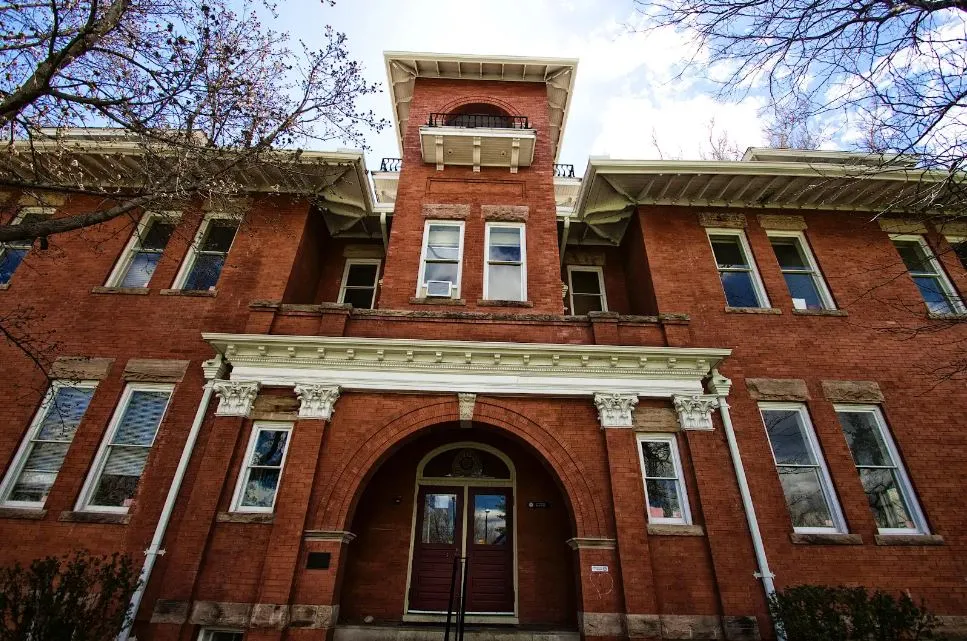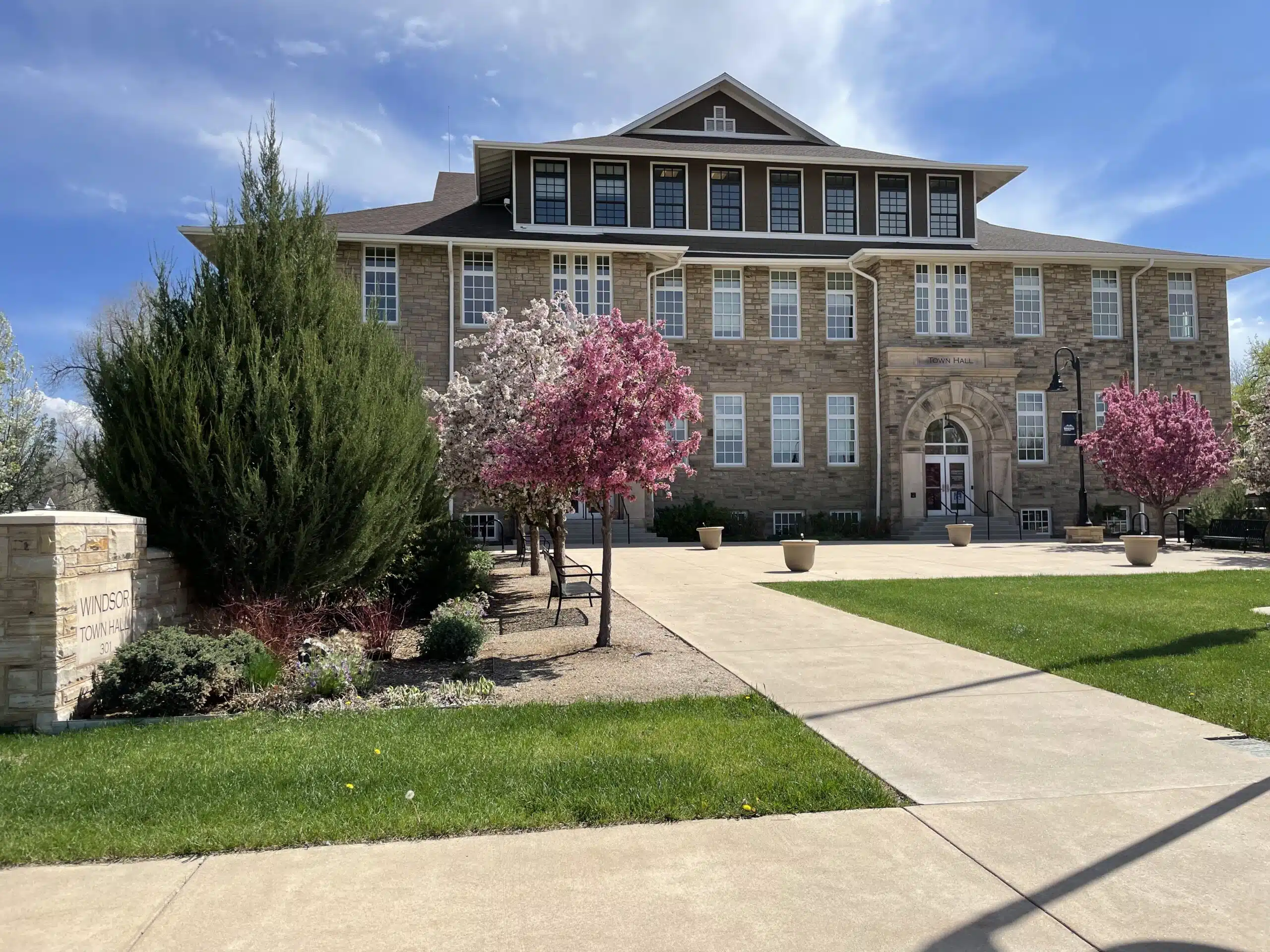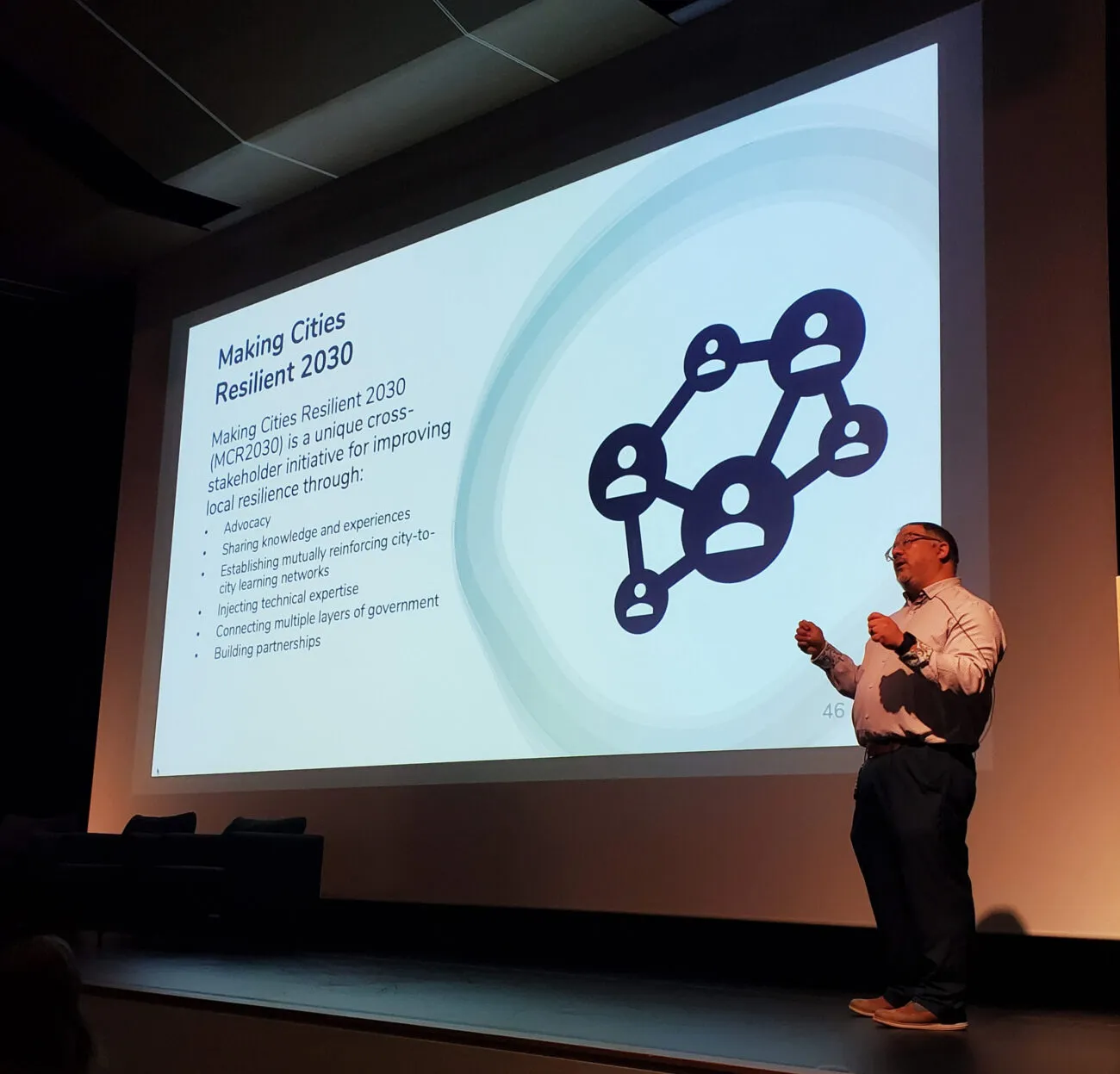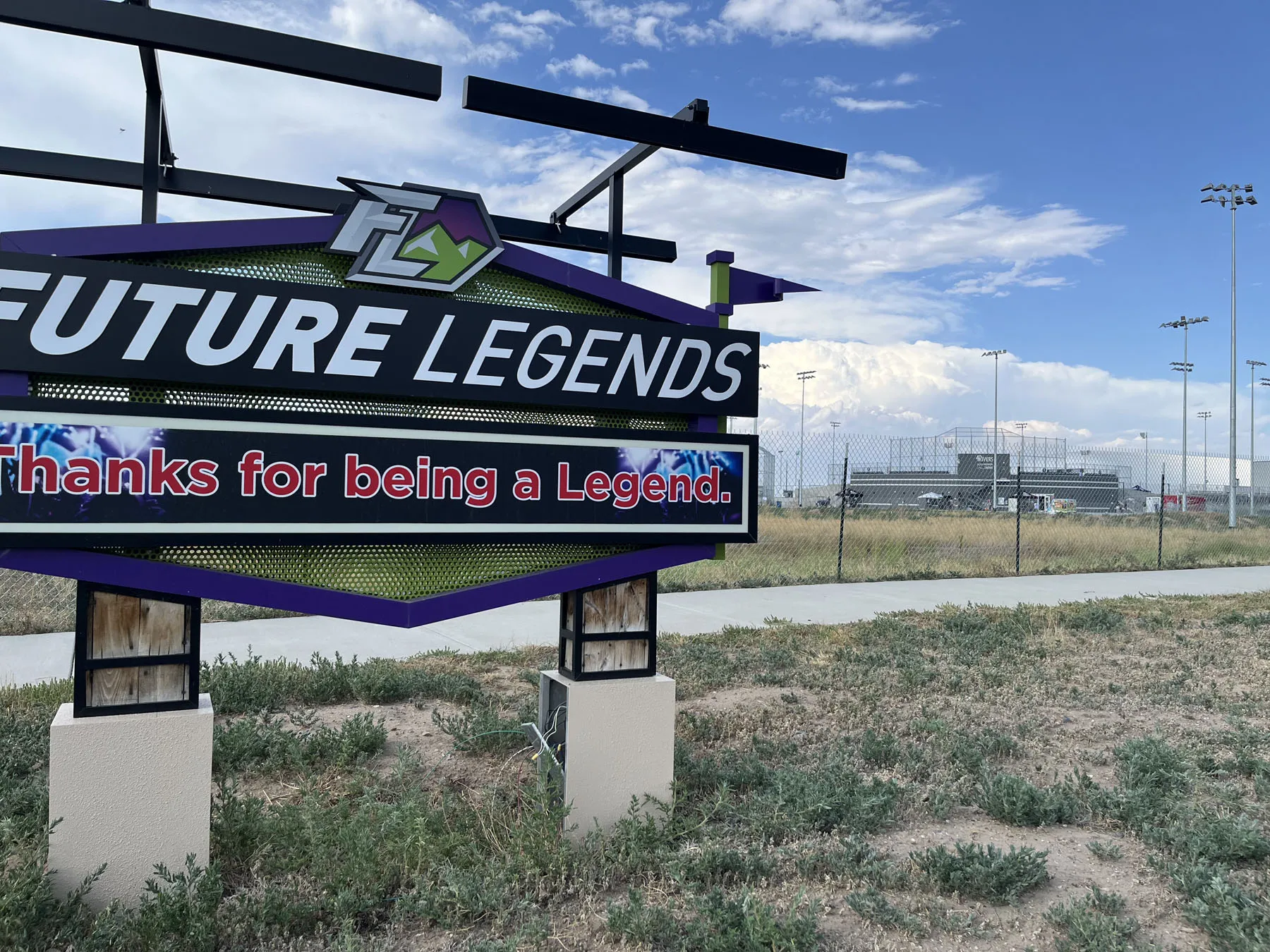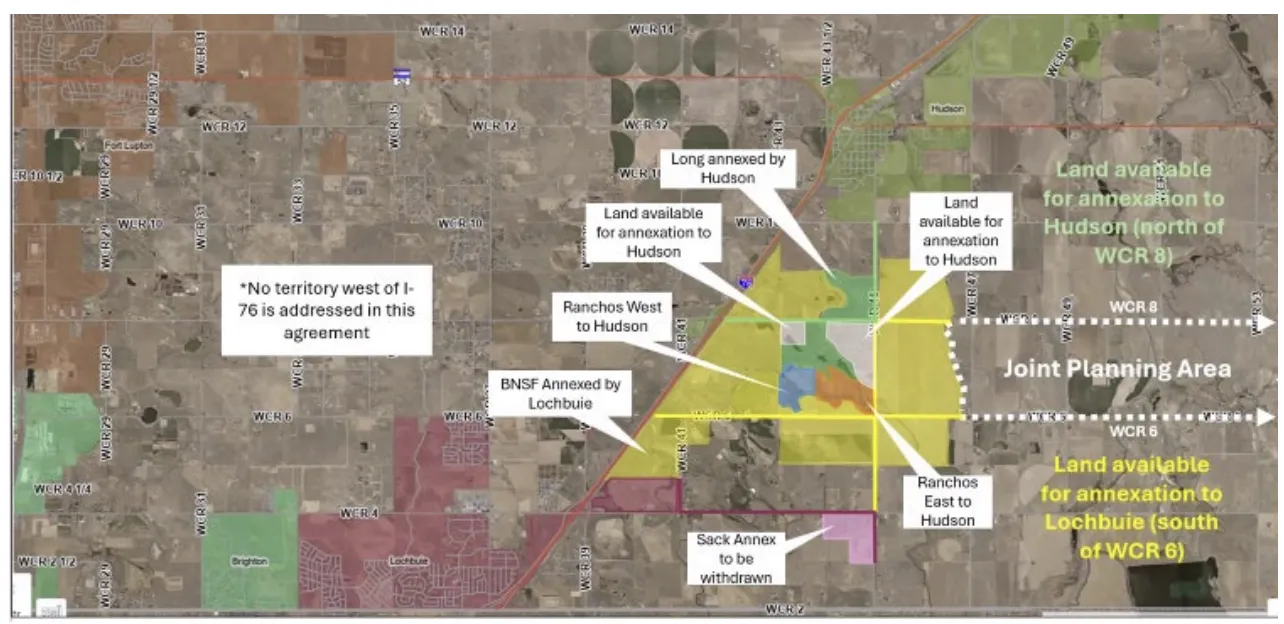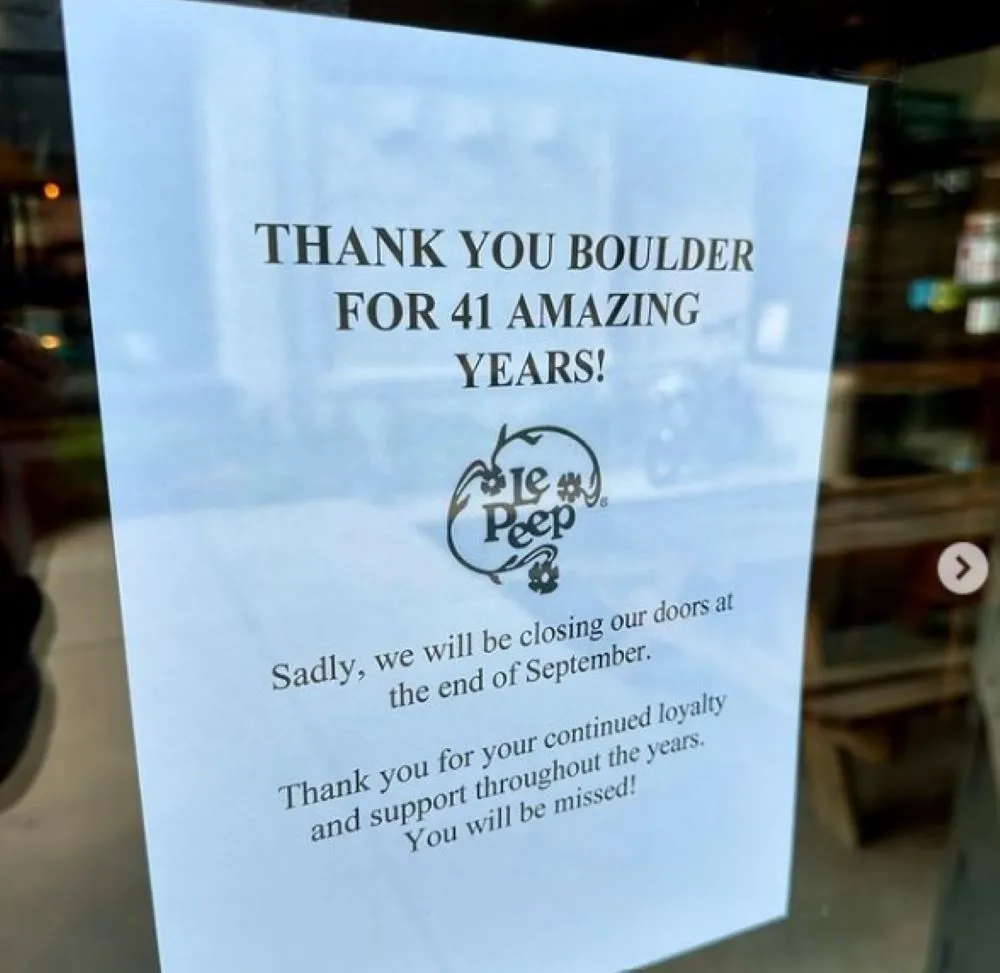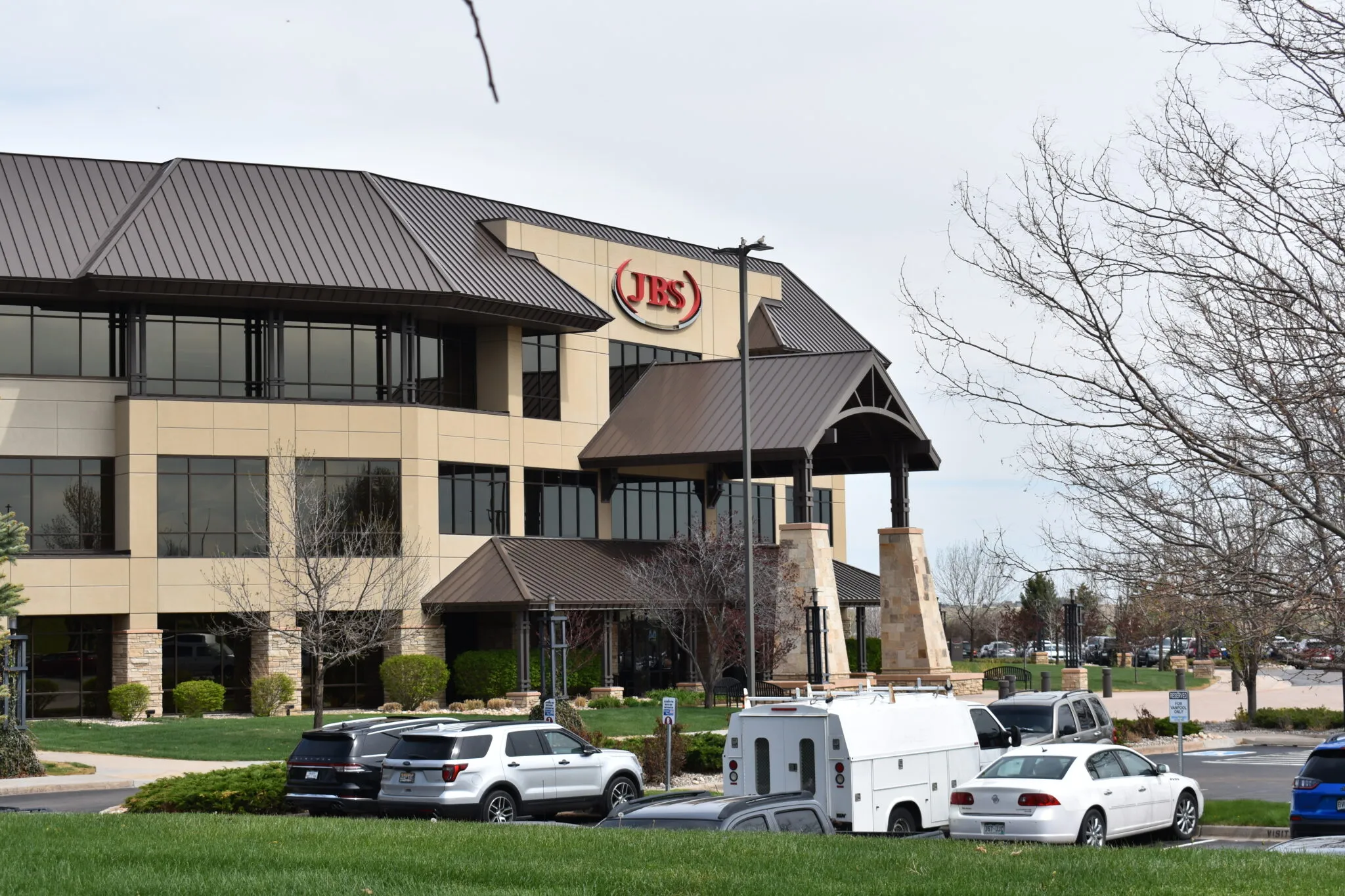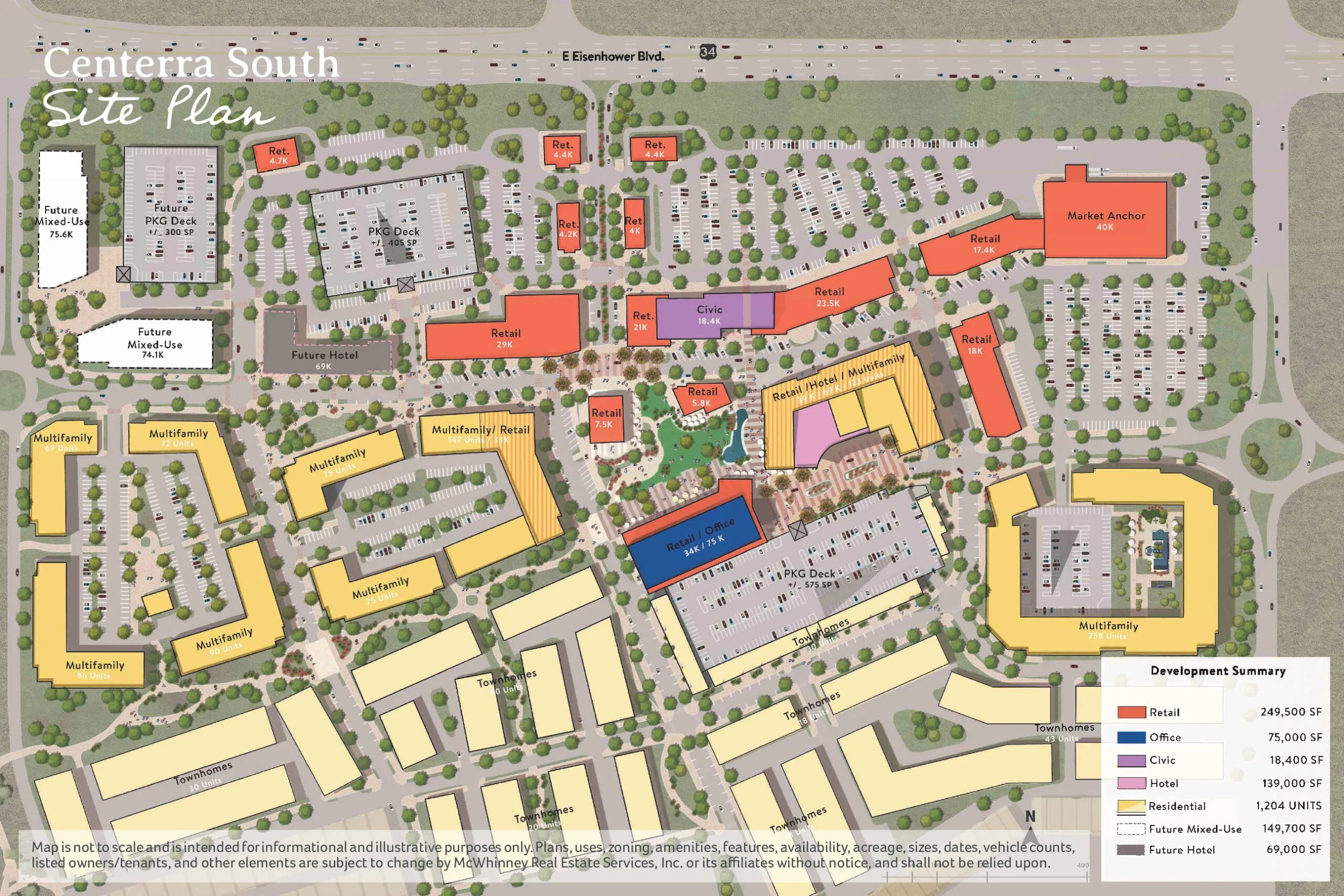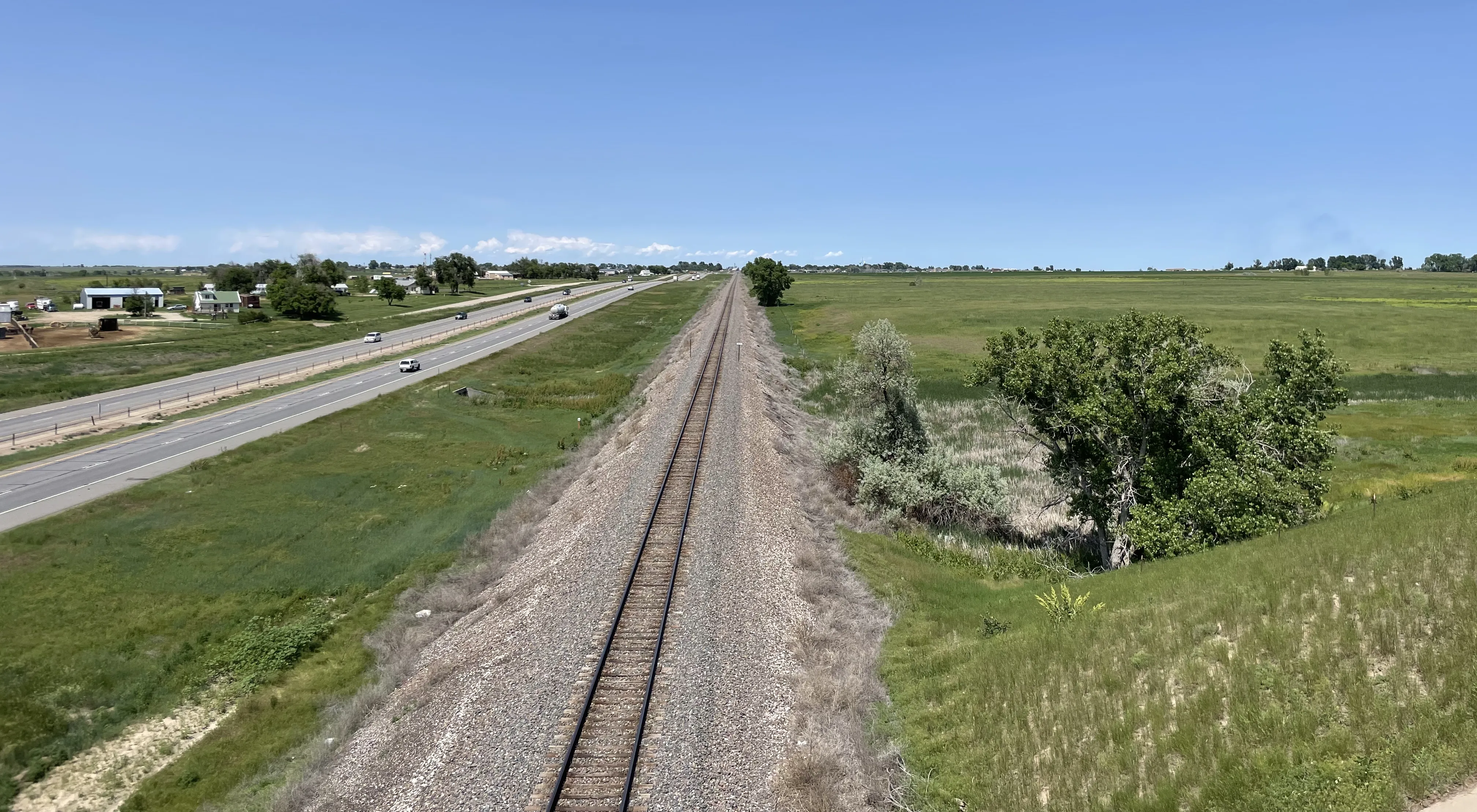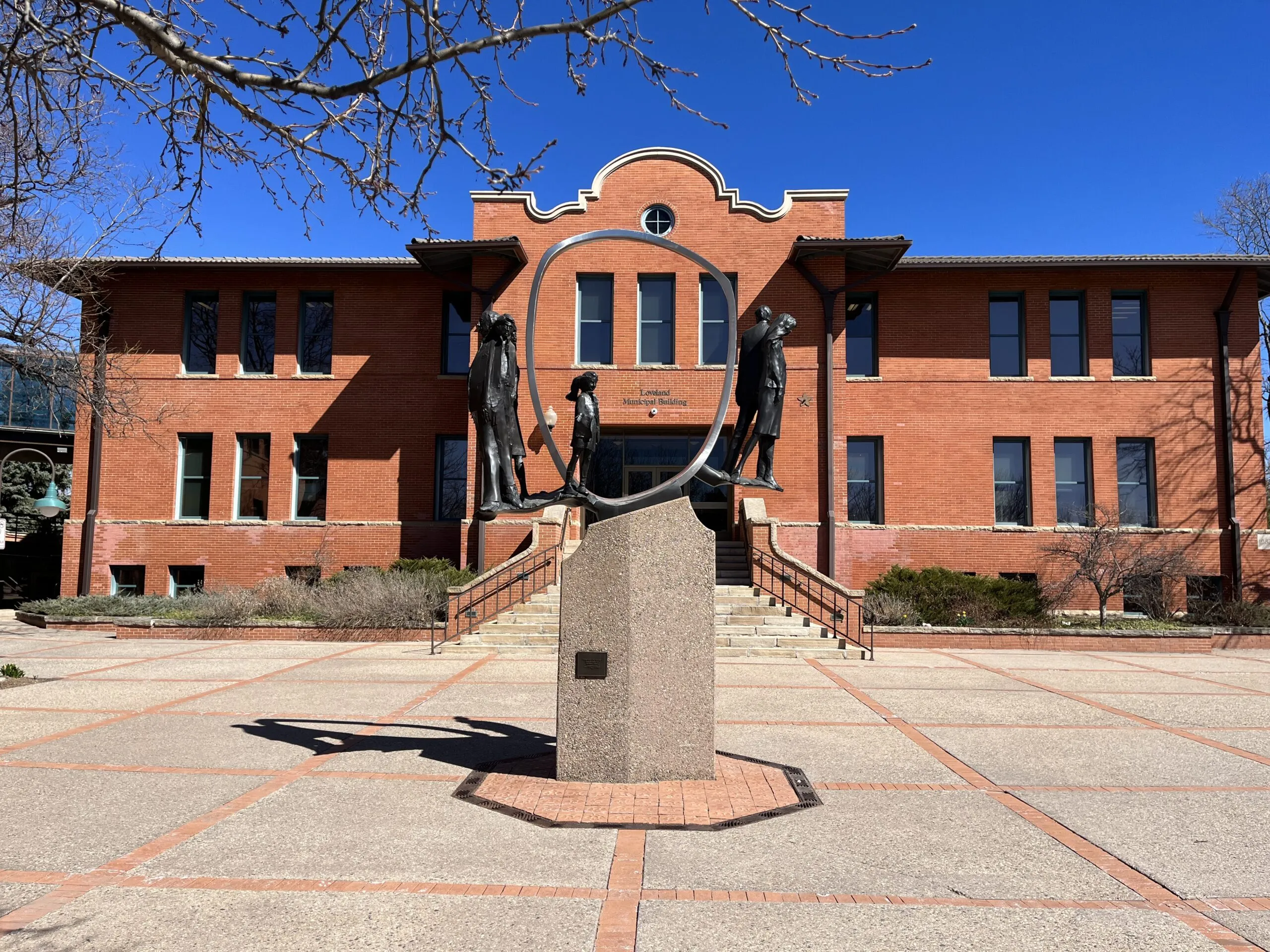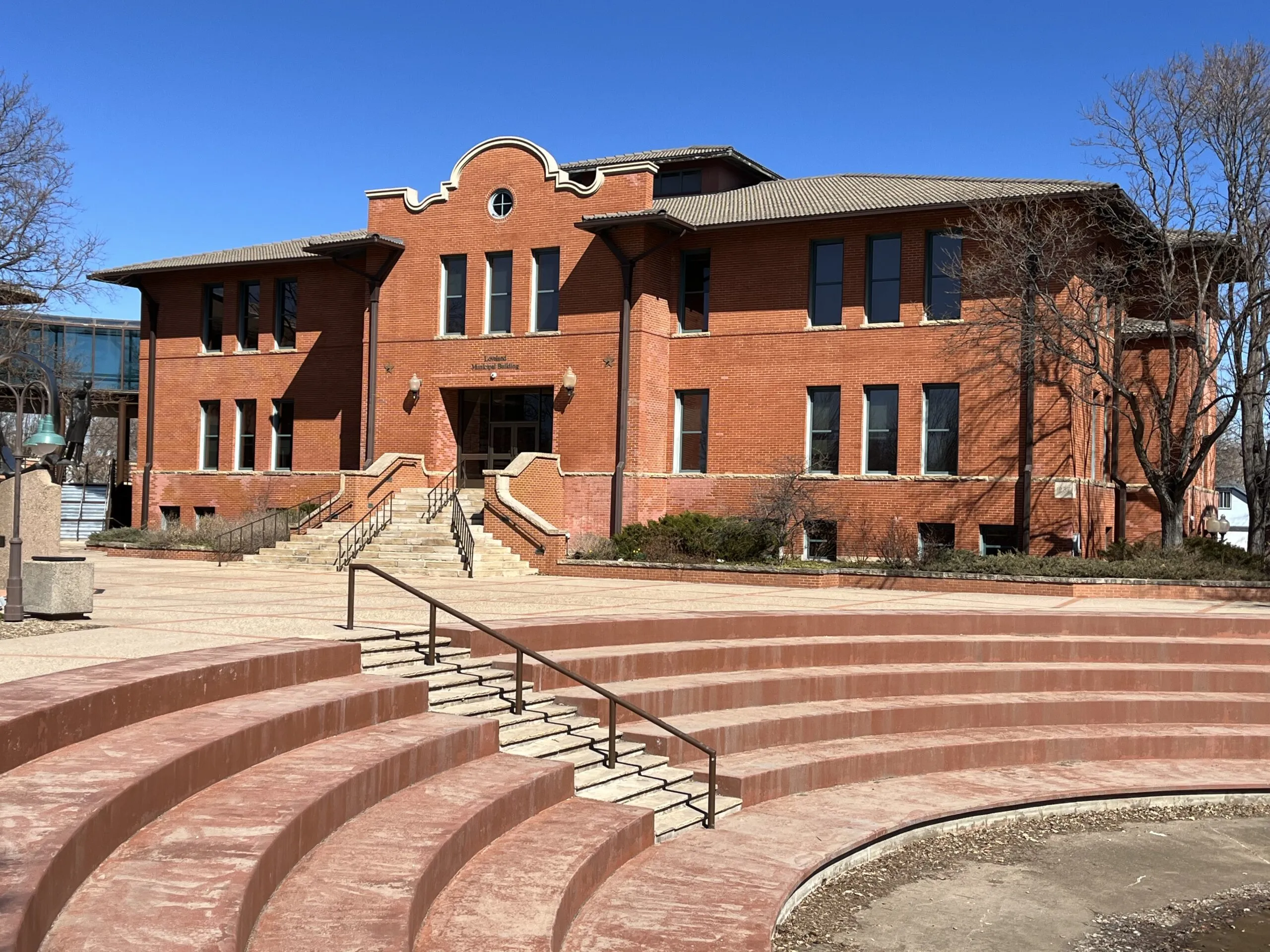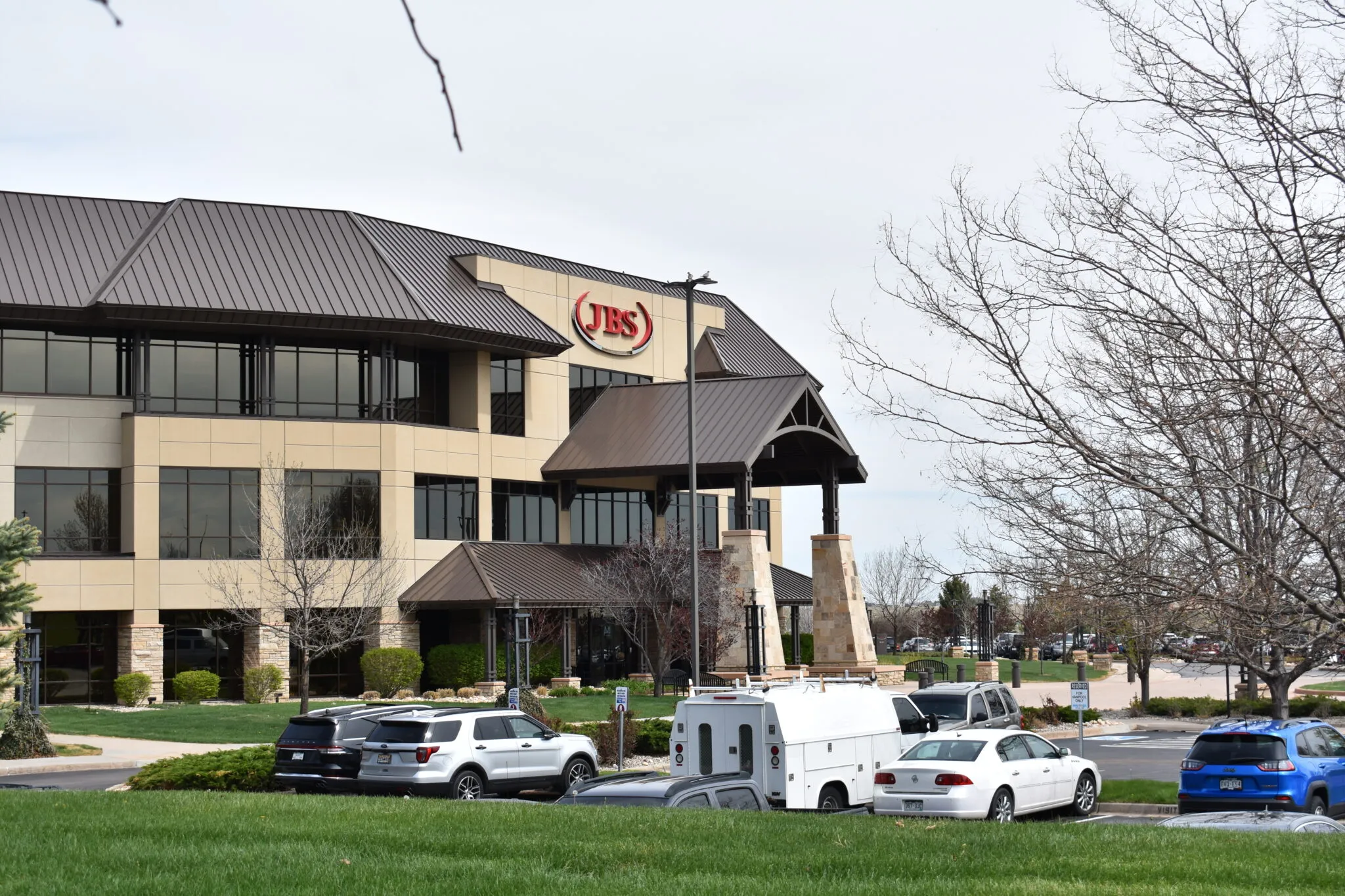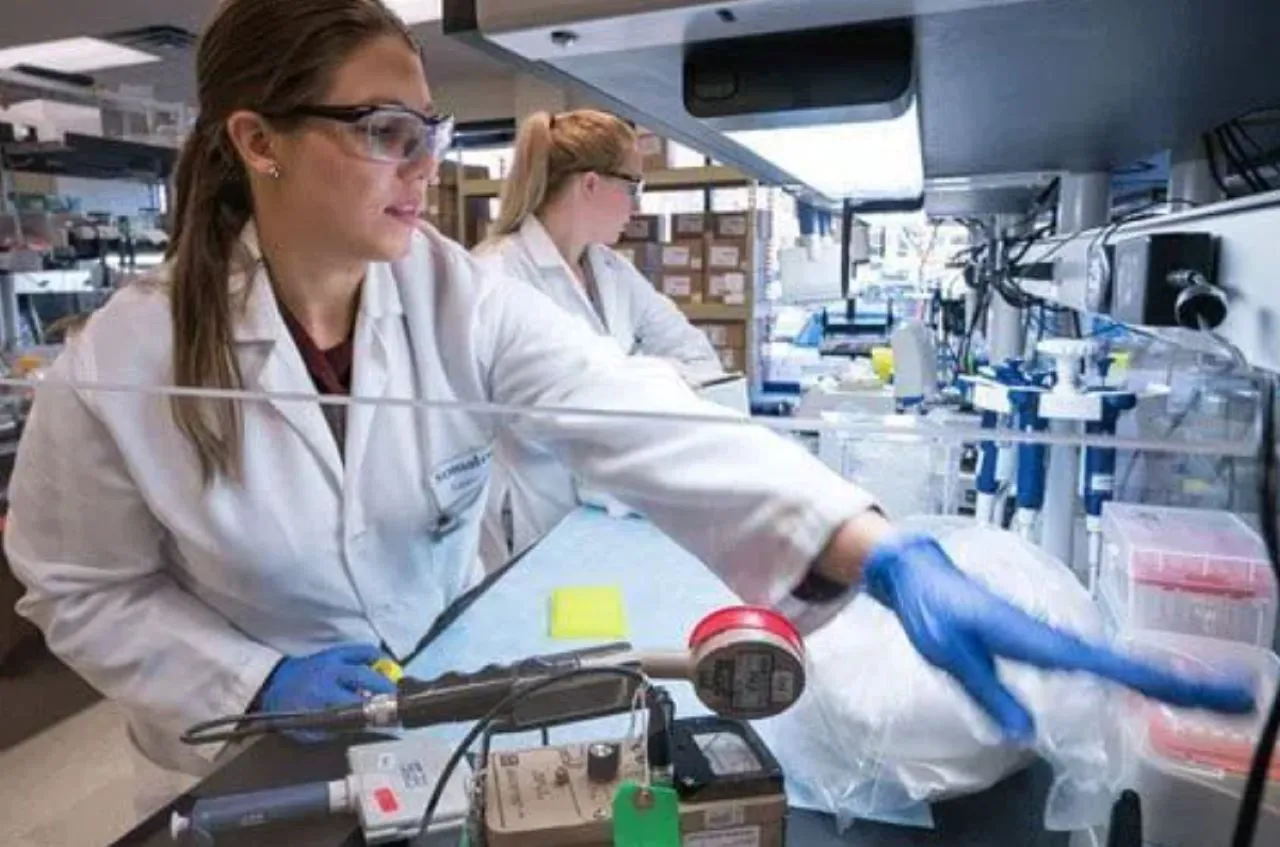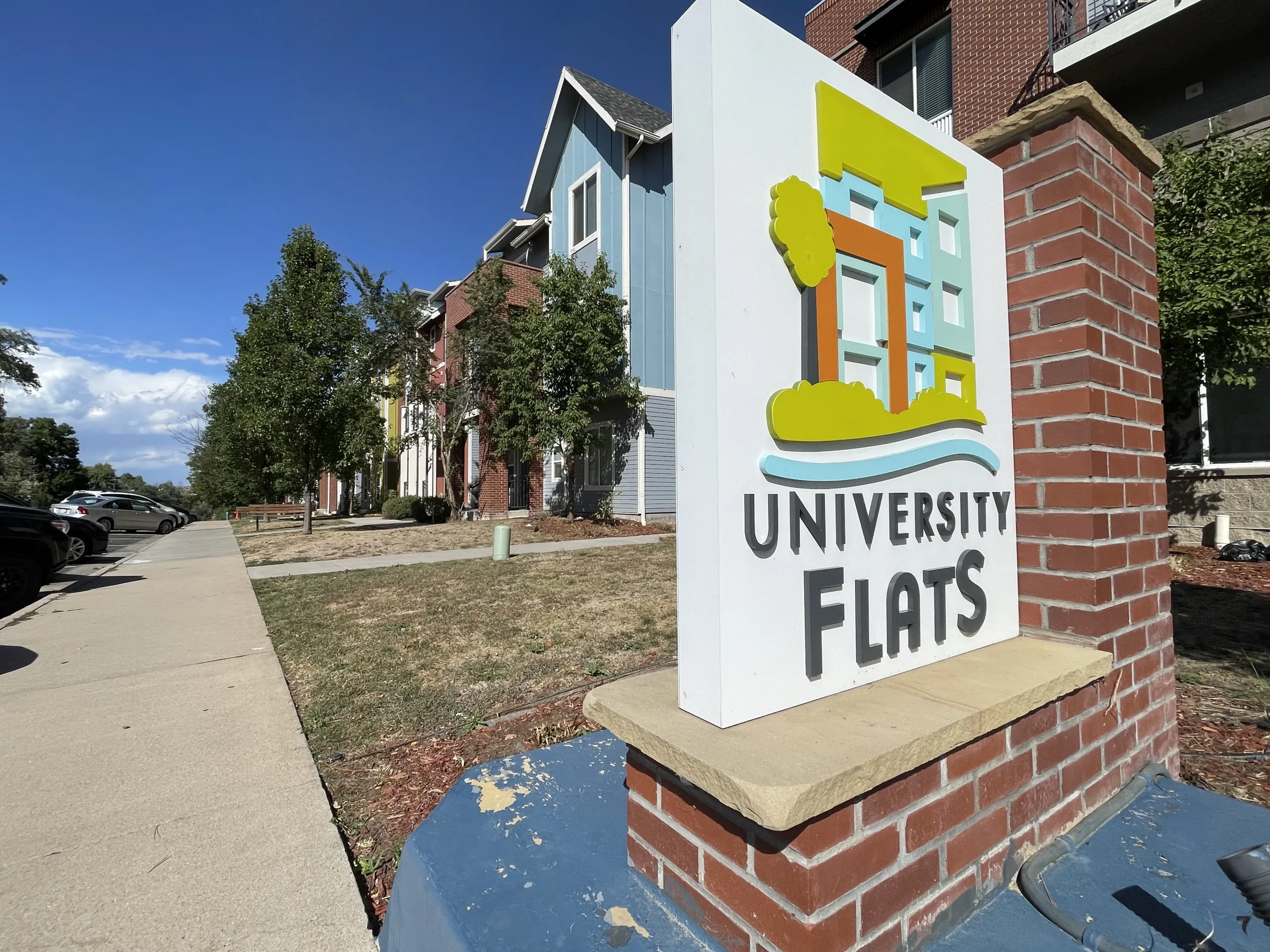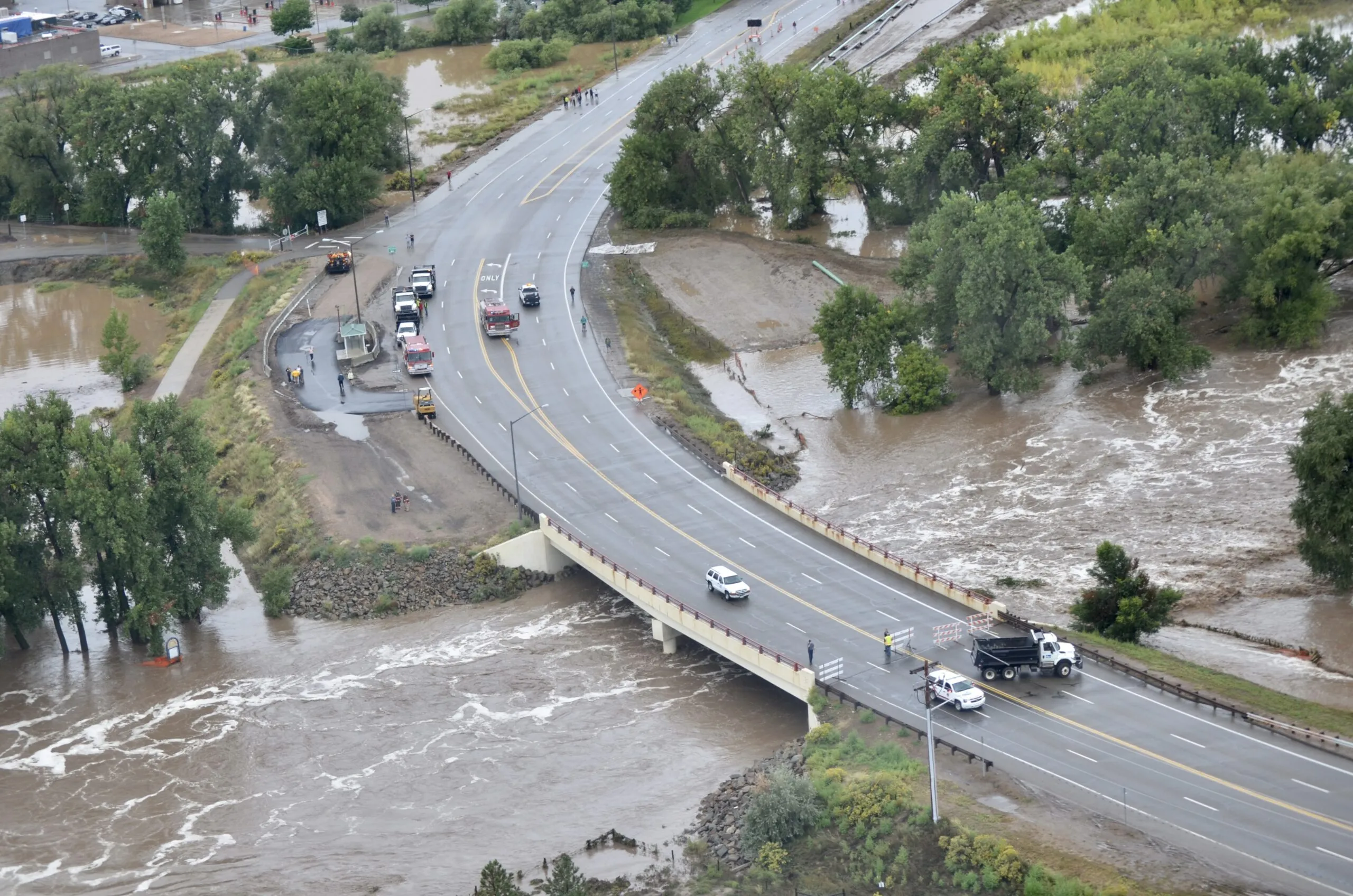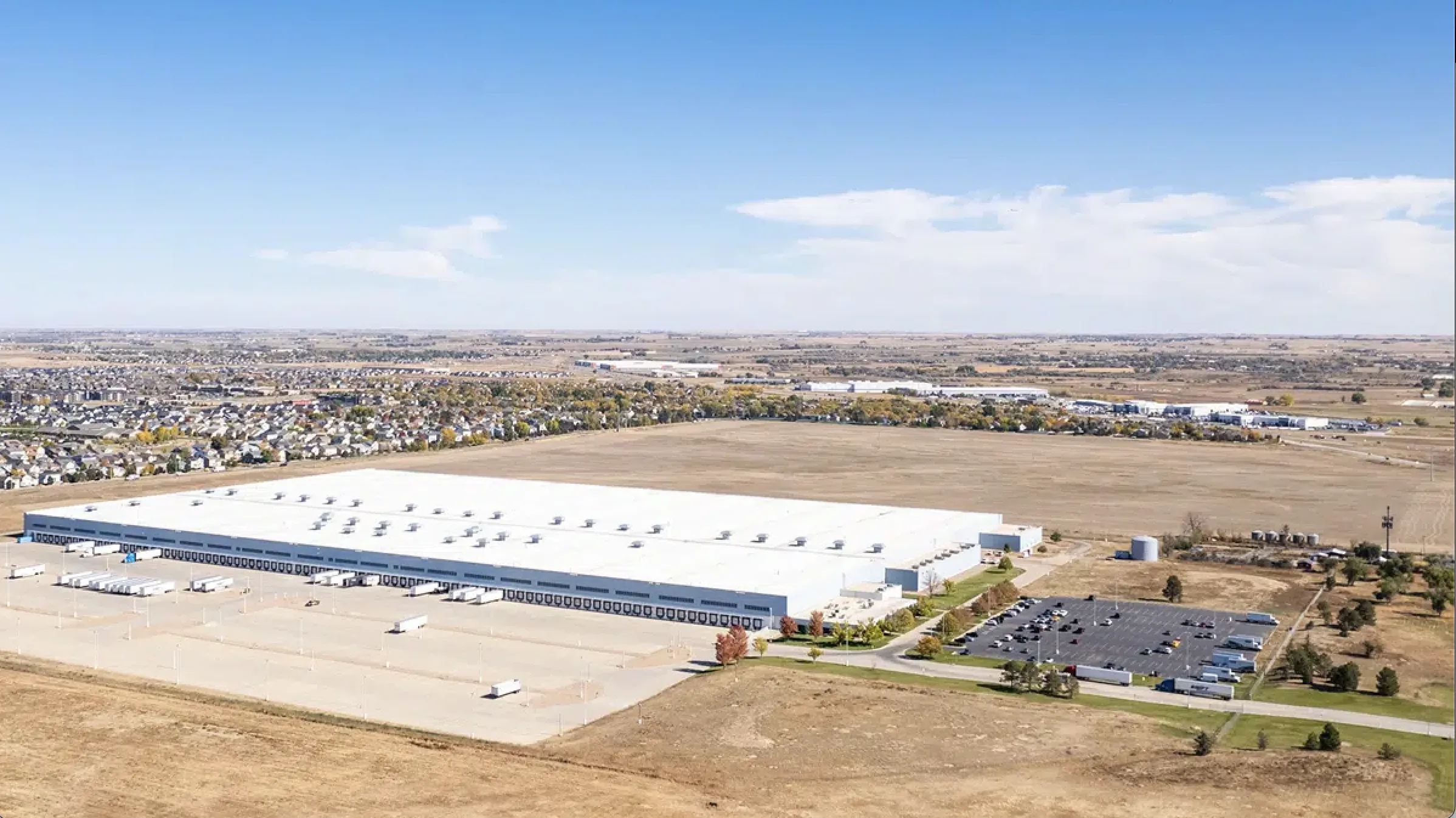First responders to begin delivering whole blood
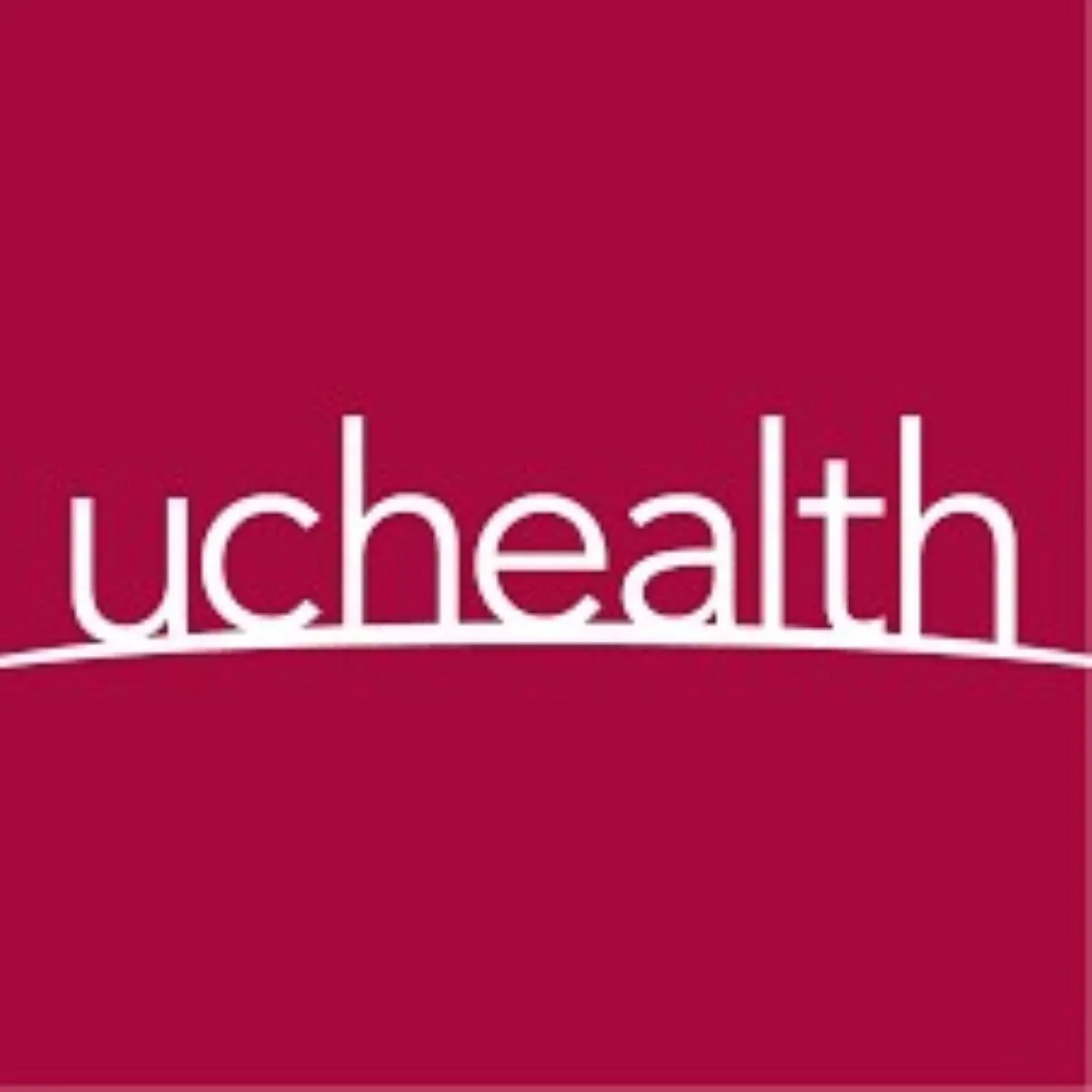
LOVELAND — UCHealth and Thompson Valley Emergency Medical Services are teaming up to provide whole blood to patients experiencing significant blood loss before they get to the hospital.
One of the first pre-hospital whole-blood programs to launch in Colorado, the collaboration is a major shift in how emergency care is delivered in the field.
First responders traditionally have used intravenous fluids to treat patients in hemorrhagic shock until they get to a hospital. Starting this week, supervisors from both EMS agencies will be able to rapidly deliver whole-blood transfusions to stabilize critical patients.
SPONSORED CONTENT
Whole blood contains all blood components, which includes red blood cells, platelets and plasma. The closer it is administered to the time of injuries, the better the patient’s chance of surviving.
According to a study published in the Journal of American College of Surgeons, the survival rate could increase up to 60% when the patient receives pre-hospital whole blood.
The practice of using whole blood for massive blood loss first occurred in World War I battlefields. Today, pre-hospital whole blood gives bleeding patients the best chance of survival when every moment counts, according to Dr. Tyler Vaughn, an emergency medicine physician at UCHealth and the medical director of UCHealth EMS.
“This program is going to save lives,” Vaughn said. “Historically, treatment for bleeding patients was limited, and blood products allow our paramedics to save patients that wouldn’t have been able to survive to definitive care.”
Thompson Valley EMS serves Loveland, Berthoud and surrounding areas. UCHealth EMS serves much of northern Larimer County and much of Weld County. By working together, approximately 3,450 square miles and a population of more than 550,000 people in Northern Colorado will be covered by the program.
“Through our partnership with UCHealth, we are ensuring that the Northern Colorado communities we serve receive the most advanced out-of-hospital care available,” TVEMS chief James Robinson said in a prepared statement. “We are proud to be among the first EMS agencies in Colorado to bring whole blood to our patients and are confident it will save lives.”
The whole blood will be kept in temperature-controlled medical transport coolers in UCHealth and TVEMS supervisor paramedic response units that will be dispatched to emergency calls that may require out-of-hospital transfusion.
UCHealth launched a similar pre-hospital whole blood program in partnership with the Colorado Springs Fire Department earlier this year. In the first 100 days of the program, more than 30 lives were saved, according to a UCHealth statement. UCHealth LifeLine teams across the state are also carrying whole blood to assist with scene response and critical-care transports.
All of the blood for the Northern Colorado whole blood program will be supplied by UCHealth’s Garth Englund Blood Center locations in Loveland, Fort Collins and Greeley, according to Anna Johnson, manager of the blood center.
“This life-saving program is only possible because of our volunteer blood donors who selflessly take the time to donate,” Johnson said in a news release. “We really can’t do this without them. And with the increased demand for blood products, we will need even more donors of all blood types to roll up their sleeves to help.”
Donations of all blood types are needed to supply whole blood for the prehospital program as well as to maintain the blood supplies needed for other patients, Johnson said. The center is seeking new donors of all types to join the effort to save lives.
Those wishing to schedule a blood donation at any of the blood center locations or at one of their upcoming mobile clinics can go to blood-donation.uchealth.org and create an account or call 970.495.8965.
UCHealth and Thompson Valley Emergency Medical Services are teaming up to provide whole blood to patients experiencing significant blood loss before they get to the hospital. One of the first pre-hospital whole-blood programs to launch in Colorado, the collaboration is a major shift in how emergency care is delivered in the field.


